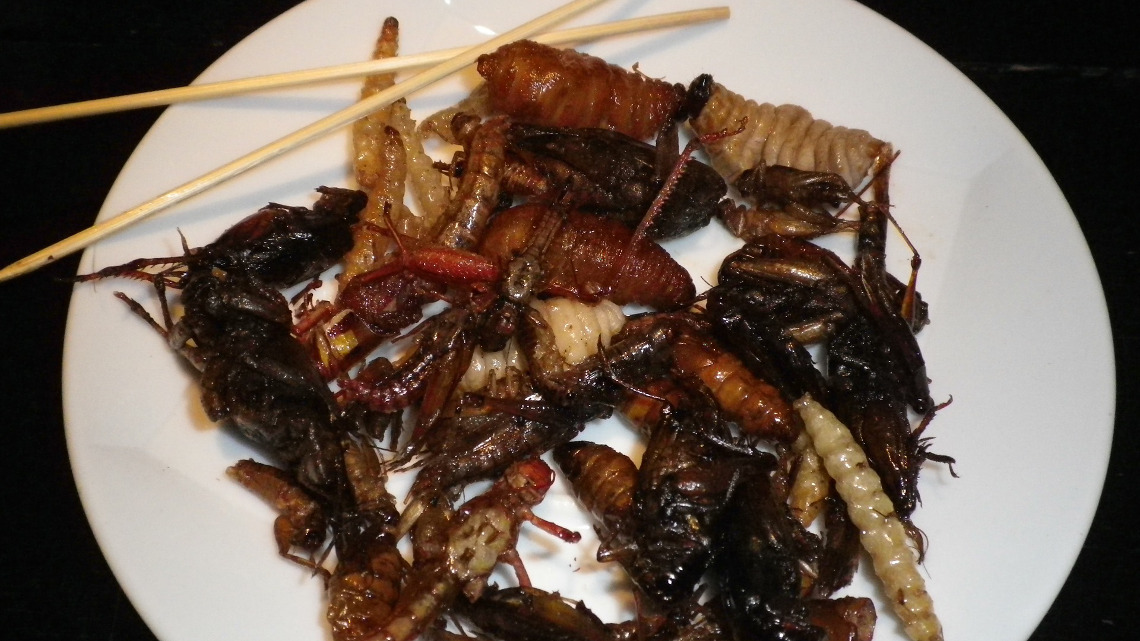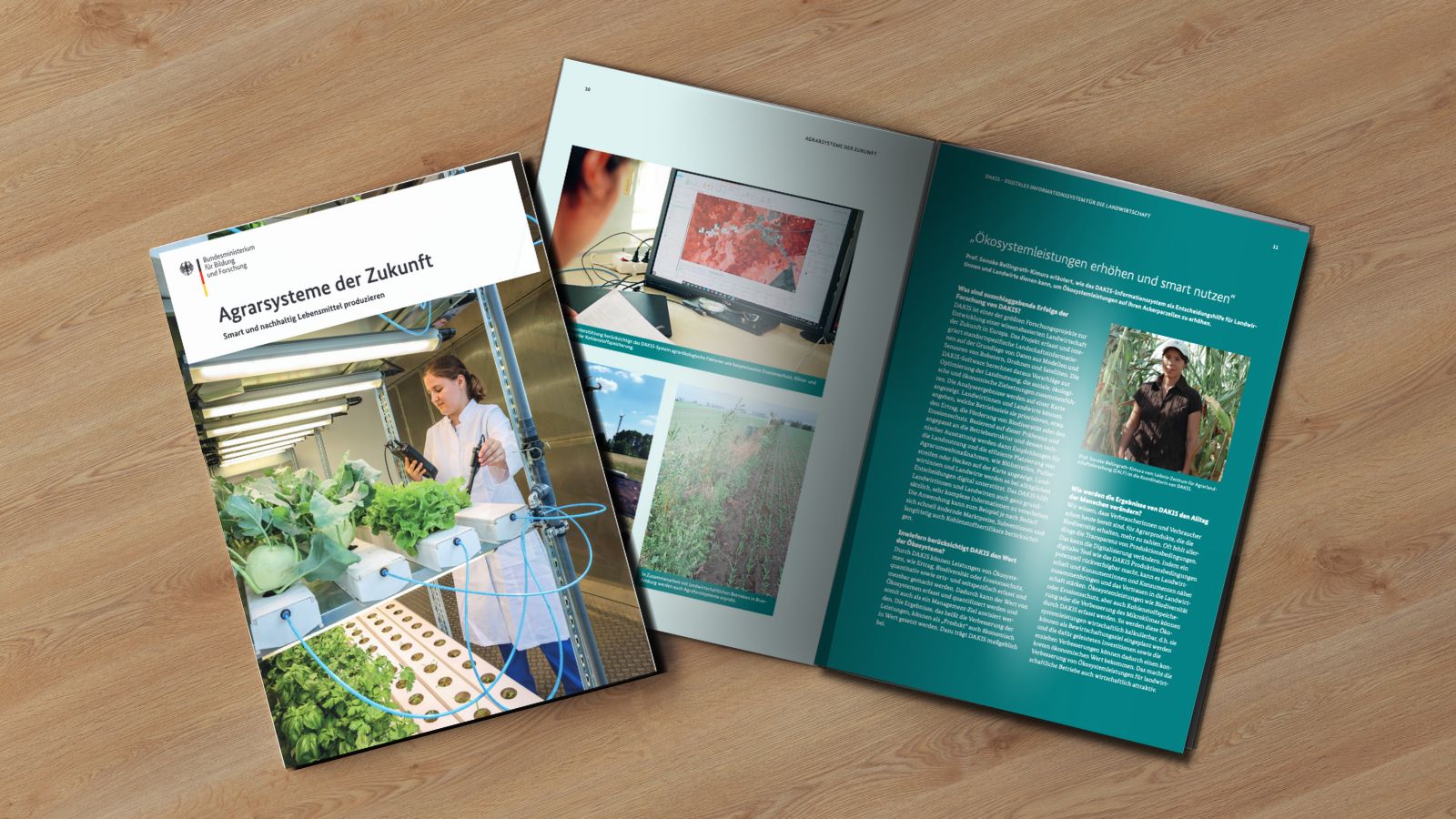EU paves way for insect-derived food
Since January 2018, insect-derived food can be commercialised according to the rules of the new Novel Food Legislation.

The global population is growing while resources are decreasing. Thus, the hitherto predominant diet of the industrialized nations, where people cover up to 70% of their protein needs from animal sources, will therefore no longer be sustainable in the near future. Although proteins are a necessary part of our diet, they can be obtained from a variety of sources. In addition to conventional meat and fish products as well as protein-rich vegetables such as soybean, there is another excellent protein source: insects.
Novel food regulation in effect
At the beginning of the year 2018, a new EU Novel Food Regulation came into effect. As a result, insects and their products can now be marketed as novel foods across Europe. In fact, energy and nutriental value are quite comparable between fish and insects. The European Food Safety Authority (EFSA) will be responsible for the authorization and health evaluation of the new foods.
Efficient and environmentally friendly
In contrast to pork, cattle or fish, insects are far less complicated when it comes to animal husbandry and rearing: they require considerably fewer resources and produce significantly less greenhouse gases. Instead, they are extremely efficient: insects produce one kilogram of insect mass from two kilograms of feed, while cattle need about 25 kilograms of feed for one kilogram of beef. In addition, and in line with circular economy, organic waste can be used to feed many insects, eliminating the need for expensive feed production.
Recommendation for insect-based food
Although insects are already an integral and established part of their diet for about one-third of the world's population, the thought of eating insects still causes disgust among many people in Europe. There are about 1,900 edible insect species, which are used by about 3,000 ethnic groups in 113 different countries as a protein source. And in fact the Food and Agriculture Organization (FAO) explicitly recommends eating insects in its report "Edible Insect".
Feeding livestock with insects
Moreover, insects not only provide an alternative and good protein source for humans, but can also be used in livestock breeding. Since July 2017, the EU Commission has allowed the use of insect proteins for aquaculture. The molecular and nutritional make up of insect flour as a source of protein is very similar to fishmeal and could thus help to reduce the pressure on natural fish stocks.
Public opinion: room for improvement
In Switzerland, crickets, locusts and mealworms have already been approved as food since May 2017. By now several insect burgers or meatballs from insect meat are on sale in large supermarket chains. There are also quite a few start-ups with insect burgers or swarm protein bars ready to go public in Germany. Although the providers in Switzerland are quite satisfied with the sales of insect products, the acceptance among the buyers there and in Germany still leaves room for improvement. In 2016, the Federal Institute for Risk Assessment (BfR) conducted a representative survey on this topic. The result: According to the survey, the majority of Germans would approve of insects as animal feed, but would not like to eat insects themselves. Only one in ten Germans who have never eaten insects can imagine insects becoming part of their regular diets in the future. And although many have already heard of edible insects, only 10% have ever tried them. Out of all the people asked, 30% said they were willing to taste insects. However, about 60% reject insects as food out of disgust.
jmr


